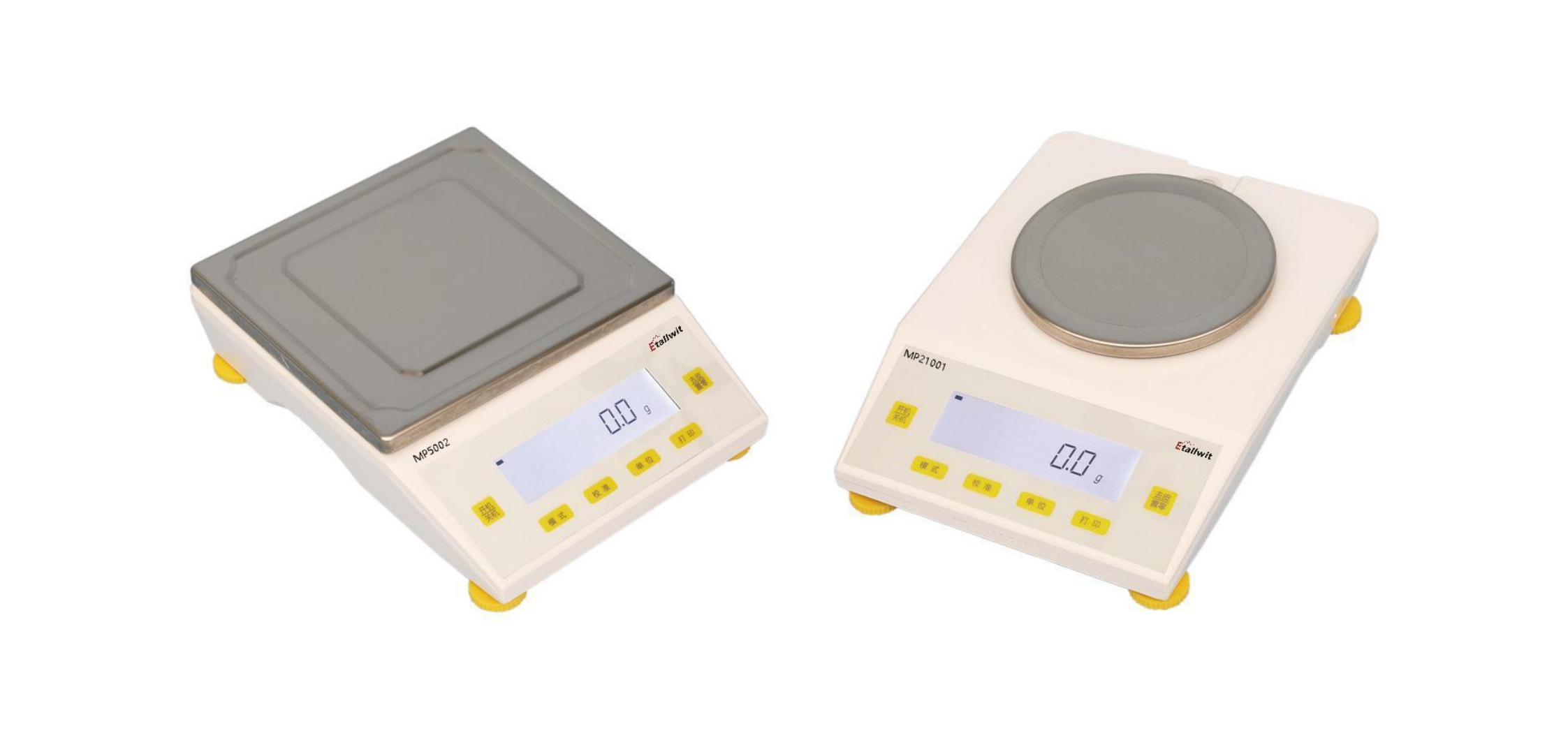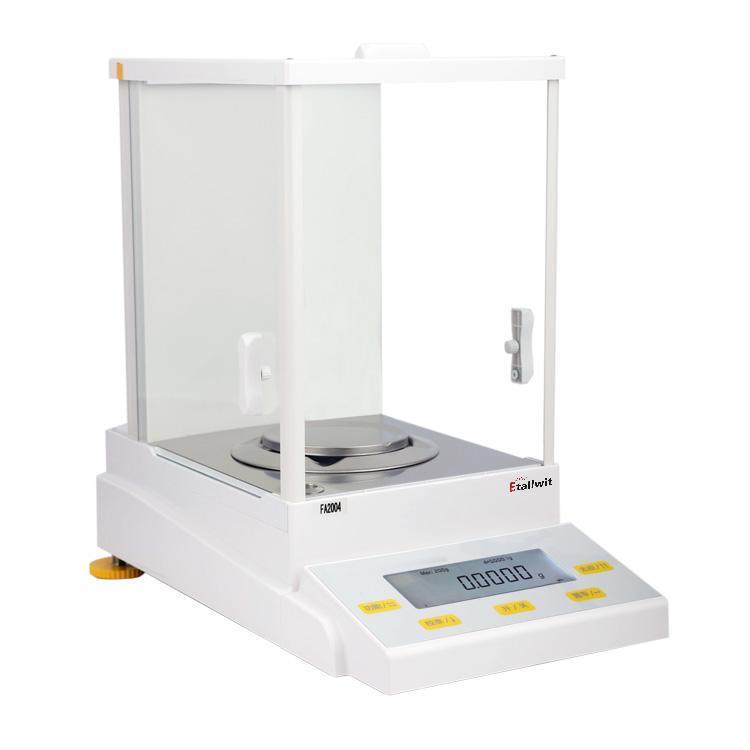Electronic balances have a wide range of applications in the laboratory, they provide high precision weighing and are tools used in scientific research and experimental work. Here are some common applications of electronic balances in the laboratory:
Precision experiments: In scientific fields such as chemistry, biology and physics, precise weighing is the basis of experiments. Electronic balances can measure the weight of substances in minute quantities or down to the milligram level to ensure the accuracy of experiments. This is essential for preparing experimental solutions, analyzing the products of chemical reactions, or measuring the weight of biological specimens.
Sample Preparation:Solutions or mixtures of specific concentrations often need to be prepared in the laboratory. Electronic balances can be used to accurately weigh the chemicals needed to ensure that the mixture is prepared precisely, thus avoiding experimental failures or errors.

Pharmaceutical R&D:The pharmaceutical field requires rigorous weighing and dispensing of drugs and compounds to ensure stability and efficacy. Electronic balances can play an important role in pharmaceutical experiments, helping researchers to accurately formulate drugs.
Quality control: Laboratories may need to perform quality control on manufactured products or materials. Electronic balances can be used to check the quality, density and content of products to ensure they meet specifications and standards.
Microbiology and cytology: In microbiology and cytology studies, electronic balances are used to measure the growth of microbial cultures, the weight of cell cultures, and the number of cells. This helps to understand the growth and physiological properties of microorganisms and cells.

Data logging and automation: Many electronic balances are now equipped with data logging and automation features that allow weighing data to be transferred directly to a computer or laboratory information system. This simplifies the process of data management and analysis and reduces the risk of human error.
Environmental science:Electronic balances can also be used to measure the weight of environmental samples, such as soil, water samples, atmospheric particulate matter, etc. This is important for environmental monitoring and research.
Overall, the application of electronic balances in laboratories covers a wide range of disciplines and fields, providing the necessary tools for scientific research to ensure repeatability, accuracy and reliability of experiments.



